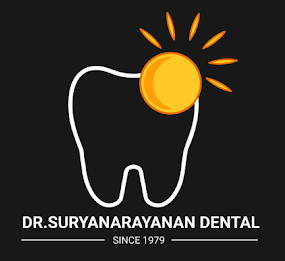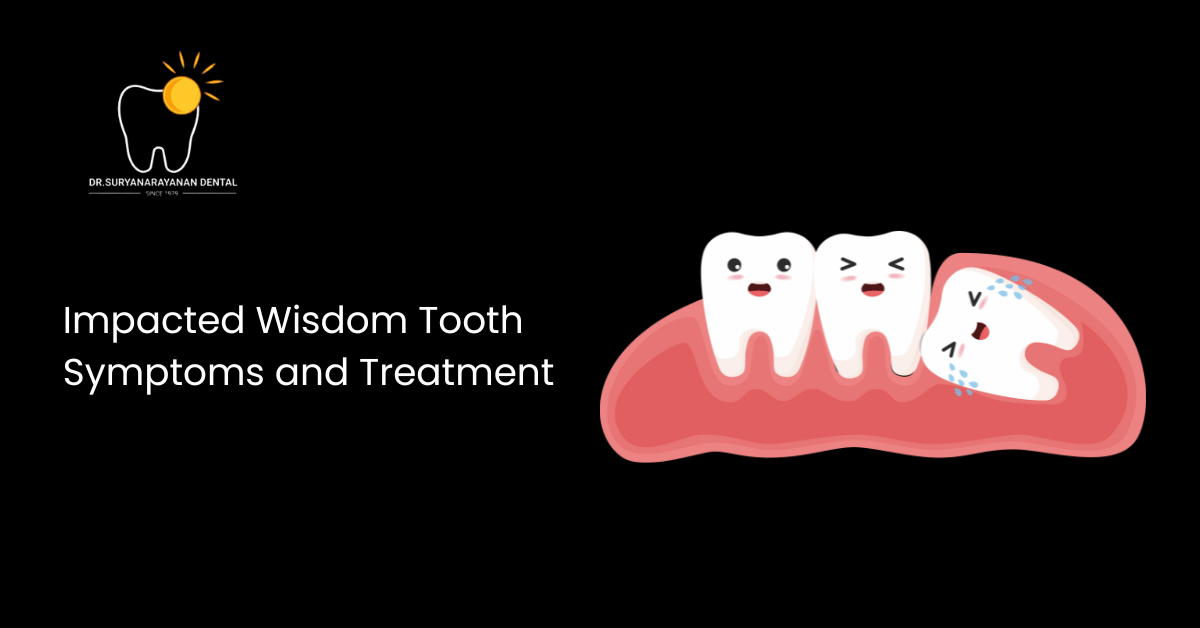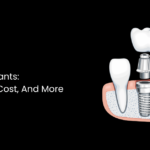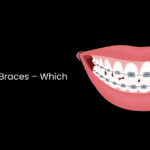Wisdom teeth erupt at the very end of the permanent teeth eruption process. The majority of people have four wisdom teeth: two upper and two lower. Third molars located in the rear of the mouth that do not have adequate space to erupt or develop normally are known as impacted wisdom teeth.
Pain, harm to neighboring teeth, and other oral issues are all possible outcomes of wisdom teeth that have been impacted. Impacted wisdom teeth don’t always cause major issues right away. However, they can be at a higher risk of developing cavities and gum disease.
It is common practice to extract impacted wisdom teeth when they cause discomfort or other dental problems. Even in cases where no symptoms are present, some oral surgeons and dentists advise getting impacted wisdom teeth extracted to avoid complications down the road.
Symptoms of Complications Due To Wisdom Tooth Impaction
No symptoms may be present in all cases of impacted wisdom teeth. On the other hand, you could notice a few things when an impacted wisdom tooth gets infected, breaks other teeth, or causes other dental issues:
- Inflammation of the gingiva
- Jaw ache
- Swelling in jaw
- Foul Smell
- Bad Taste: Something bad that you can taste
- Trismus: low capacity to open your jaw
It’s crucial to see a dentist if you experience any jawbone changes or pain behind your back teeth that could be the result of an impacted wisdom tooth.
Factors Responsible for Impaction of Wisdom Tooth Impaction
When the space for the wisdom teeth (the third molars) to erupt and grow normally is inadequate, the result is impaction.
A person’s wisdom teeth typically erupt between the ages of seventeen and twenty-five. When they erupt, the wisdom teeth of some people perfectly align with the rest of the teeth just beneath the second molars. However, third molars do not develop regularly in many cases due to overcrowding in the mouth. As a result of crowding, these third molars become impacted, or stuck.
It is possible for a partially impacted wisdom tooth to partially emerge, revealing parts of its crown, or for it to remain entirely impacted and never break through the gums.
Complications of Wisdom Tooth Impaction
Wisdom teeth that have been impacted can lead to a host of oral health issues, including:
Loss of other teeth
Injuries or infections to the second molar or other nearby teeth might result from wisdom teeth pressing on them. Crowding or the need for orthodontic treatment to align other teeth are other issues that might arise as a result of this pressure.
You can also read : What Can You Do for Missing Teeth?
Formation of Cyst
A pouch inside the jawbone is where the wisdom tooth grows. Jawbones, teeth, and nerves are all at risk when the sac becomes inflamed and forms a cyst. On extremely rare occasions, a benign tumor may form. Because of this condition, it may be necessary to remove bone and tissue.
Decay of Impacted tooth and neighbouring tooth
Tooth decay (caries) seems to be more common in people with partially impacted wisdom teeth compared to other teeth. Reasons for this include the difficulty of cleaning around wisdom teeth and the ease with which food and germs can become wedged between the gums and a tooth that has just partially erupted.
Pericoronitis
A painful inflammatory gum disease known as pericoronitis can develop in the area around impacted, partially erupted wisdom teeth because of how difficult it is to clean them.
Prevention of Complication Due to Wisdom Tooth Impaction
You can’t stop impactions from happening, but your dentist can keep an eye on your wisdom teeth’s development and eruption if you visit for cleanings and exams every six months. By taking dental X-rays regularly, you can discover impacted wisdom teeth early, before they cause any discomfort. In case you are experiencing problems with your wisdom tooth impaction, get an appointment immediately at Dr. Suryanarayanan Dental Clinic in Goregaon (west) Mumbai



